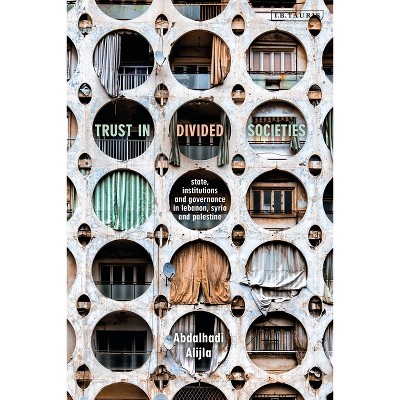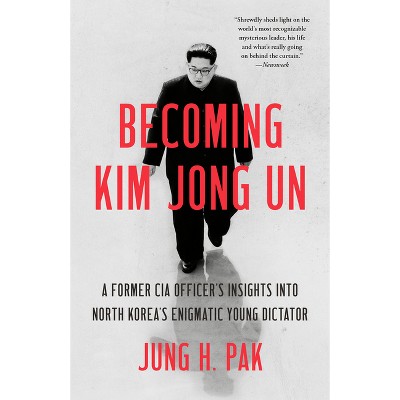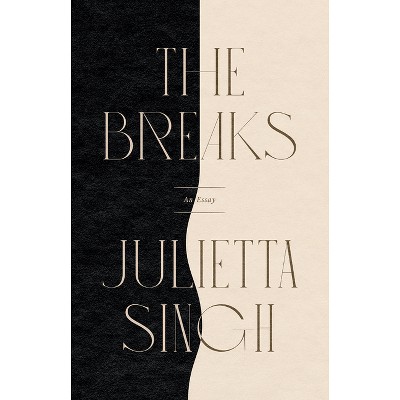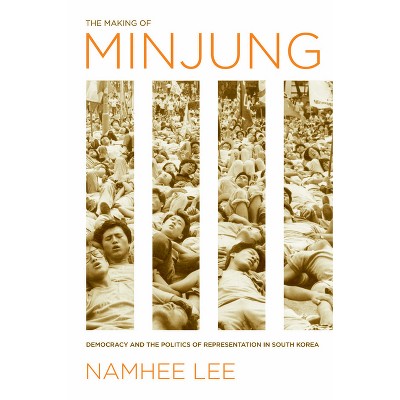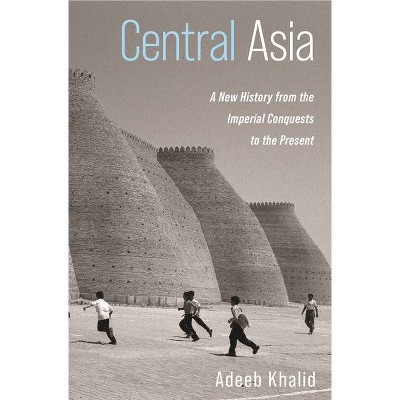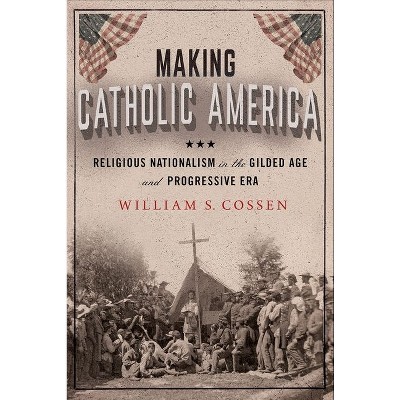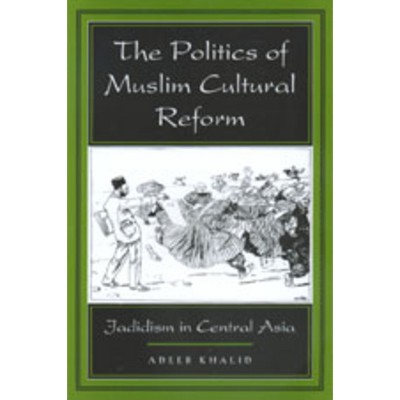Sponsored

Making Uzbekistan - by Adeeb Khalid (Paperback)
In Stock
Sponsored
About this item
Highlights
- In Making Uzbekistan, Adeeb Khalid chronicles the tumultuous history of Central Asia in the age of the Russian revolution.
- About the Author: Adeeb Khalid is Jane and Raphael Bernstein Professor of Asian Studies and History at Carleton College.
- 444 Pages
- History, Asia
Description
About the Book
In Making Uzbekistan, Adeeb Khalid chronicles the tumultuous history of Central Asia in the age of the Russian revolution. He explores the complex interaction between Uzbek intellectuals, local Bolsheviks, and Moscow to sketch out the flux of the situation in early-Soviet Central Asia. His focus on the Uzbek intelligentsia allows him to recast...Book Synopsis
In Making Uzbekistan, Adeeb Khalid chronicles the tumultuous history of Central Asia in the age of the Russian revolution. He explores the complex interaction between Uzbek intellectuals, local Bolsheviks, and Moscow to sketch out the flux of the situation in early-Soviet Central Asia. His focus on the Uzbek intelligentsia allows him to recast our understanding of Soviet nationalities policies. Uzbekistan, he argues, was not a creation of Soviet policies, but a project of the Muslim intelligentsia that emerged in the Soviet context through the interstices of the complex politics of the period. Making Uzbekistan introduces key texts from this period and argues that what the decade witnessed was nothing short of a cultural revolution.
Open Access edition funded by the National Endowment for the Humanities
Review Quotes
[T]his brilliant book demonstrates that modern Uzbekistan was unequivocally made by Uzbek intellectuals in Central Asia, and not by Bolshevik commissars in Moscow. Adeeb Khalid has offered invaluable evidence to argue that Central Asia's political fate remains equally in the hands of local leaders, and is not determined by obscure outside forces. It is in this sense that Making Uzbekistan will make a lasting contribution to Central Asian Studies.
-- "Europe-Asia Studies"Adeeb Khalid's Making Uzbekistan is a careful reconstruction of Muslim reformist thought in Turkestan, which advances considerably our understanding of the reasons why sections of the local intelligentsia participated actively in the Soviet construction.
-- "American Historical Review"Khalid successfully compiles an impressive and outstanding account of the unfolding events in the making of Uzbekistan in the tumultuous epoch of the Russian Revolution as a result of his encyclopedic comprehension of the sociohistorical considerations of the period and his unique linguistic capabilities.
-- "Acta Via Serica"About the Author
Adeeb Khalid is Jane and Raphael Bernstein Professor of Asian Studies and History at Carleton College. He is the author of Islam after Communism and The Politics of Muslim Cultural Reform.

